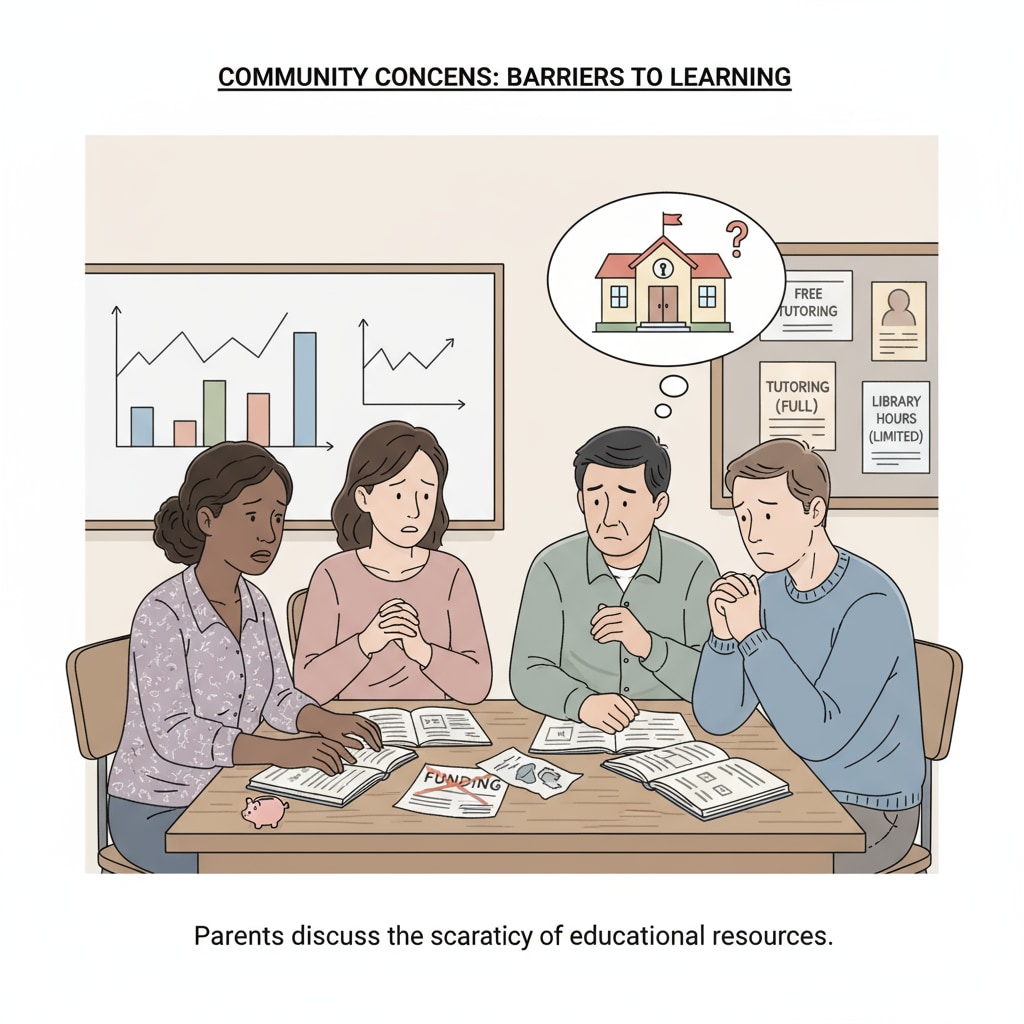Parental involvement, emphasis on education in low-income families are crucial aspects that significantly impact a child’s educational journey. In today’s society, ensuring every child has an equal opportunity to succeed in education is a goal that requires addressing the unique circumstances of low-income families.

Low-income families often face a multitude of challenges when it comes to being actively involved in their children’s education. However, with the right strategies and support, they can overcome these hurdles and play a vital role in their children’s academic growth.
The Structural Challenges
One of the primary challenges is the lack of time. Many parents in low-income families hold multiple jobs to make ends meet. As a result, they have limited availability to attend parent-teacher meetings, help with homework, or participate in school activities. For example, a single mother working two jobs may find it nearly impossible to be present at her child’s school events. Income inequality on Britannica can also lead to resource constraints. These families may struggle to afford educational materials such as books, computers, or tutoring services, which are essential for a child’s learning. Additionally, some parents may lack the educational knowledge and skills to effectively assist their children with schoolwork.

Community Support Systems
Community support can be a game-changer for low-income families. Local schools and community organizations can play a significant role. For instance, schools can offer after-school programs that provide academic support and extracurricular activities. Community centers can organize workshops for parents to enhance their educational knowledge and skills. Moreover, neighbors and volunteers can also contribute by sharing resources or providing tutoring. Community development on Wikipedia By working together, the community can create a supportive environment for these families to be more involved in their children’s education.
Innovative Participation Modes
In the digital age, innovative participation models can help overcome some of the challenges. Online platforms can be used to keep parents informed about their children’s progress. For example, schools can use apps to send regular updates on assignments, grades, and upcoming events. Parents can also join virtual parent-teacher meetings, which are more convenient for those with busy schedules. Additionally, some educational institutions offer online courses for parents to learn about modern teaching methods and how to support their children’s learning at home.
In conclusion, while parental involvement, emphasis on education in low-income families face significant challenges, there are ways to overcome them. Through community support and innovative participation models, these families can break down the barriers and actively participate in their children’s educational journey, leading to better educational outcomes for their children.
Readability guidance: Use short paragraphs and lists to summarize key points. Provide a list under each H2 when possible. Control the proportion of passive voice and long sentences. Incorporate transitional words (however, therefore, in addition, for example, as a result, etc.) throughout the text.


